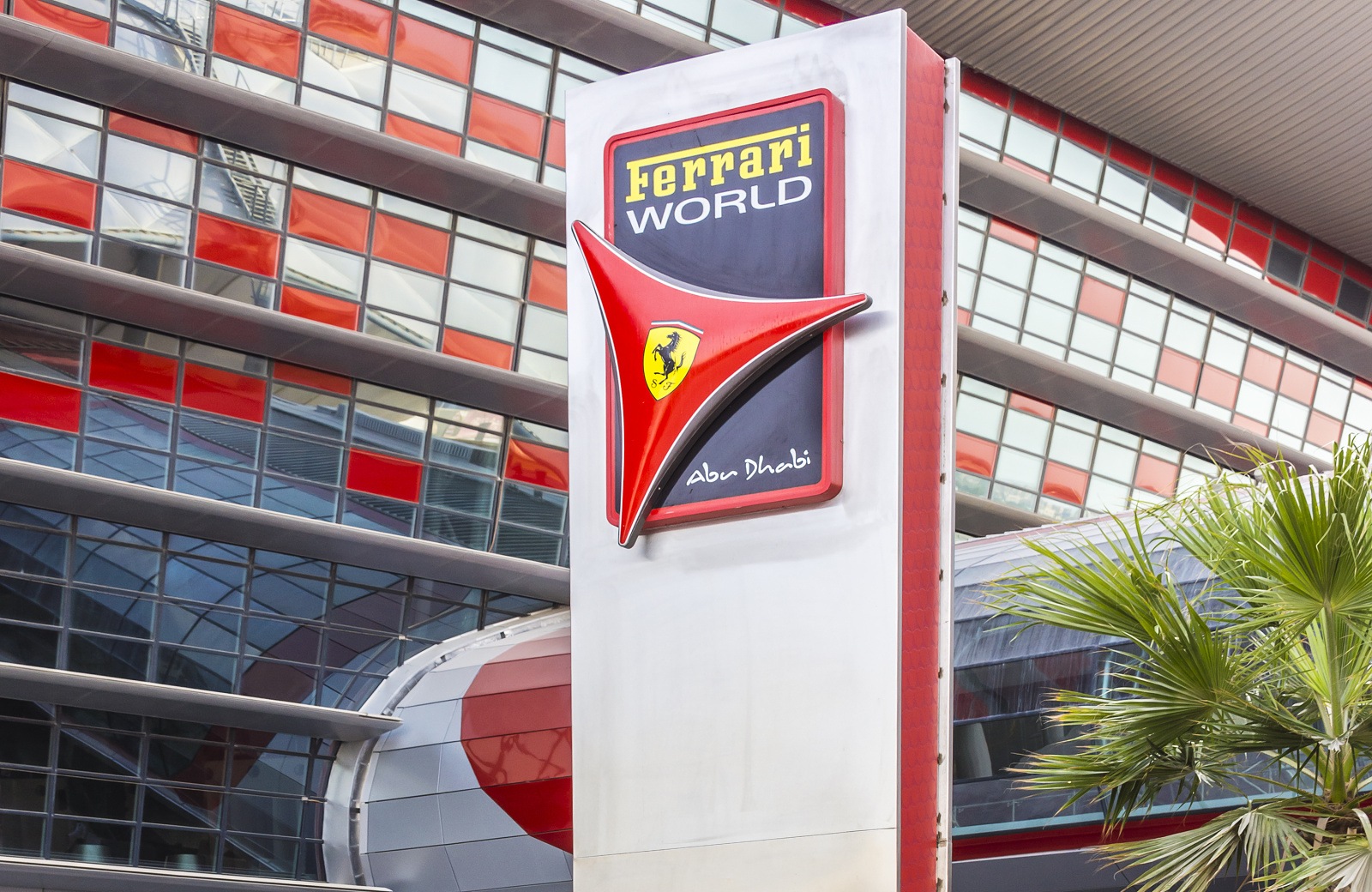Introduction
The Emirate of Abu Dhabi with the country's capital of the same name is the largest and most significant among the seven United Arab Emirates. The emirate's territory occupies up to 87% of the total area of the UAE and is predominantly formed by the Rub Al Khali desert, which is the second largest in the world. Abu Dhabi has the largest oil and natural gas reserves in the country (up to 90%) and 43% of the entire population lives here, approximately 2.5 million. The emirate consists of three regions. These are Abu Dhabi as the capital metropolis, the Western region Al Gharbia, which is the center of the oil industry in the country, and the desert area Al Ain with the Al Ain oases, where Sheikh Zayed was born, and Liwa, where the ruling families from Abu Dhabi and Dubai have their roots. The capital Abu Dhabi is located approximately 160 km from Dubai.























































Clothing
Summer clothing is suitable for visitors throughout the year. In the winter months, we recommend bringing a warmer sweater or windbreaker for cooler nights. The UAE is a Muslim country and therefore visitors are expected to dress more conservatively in public . Beach clothing and swimsuits are accepted in hotels and on beaches. Nudism or sunbathing topless is prohibited. In luxury hotels, you should have formal attire for dinner (men long pants and shirt, women longer skirt, pants or dress).
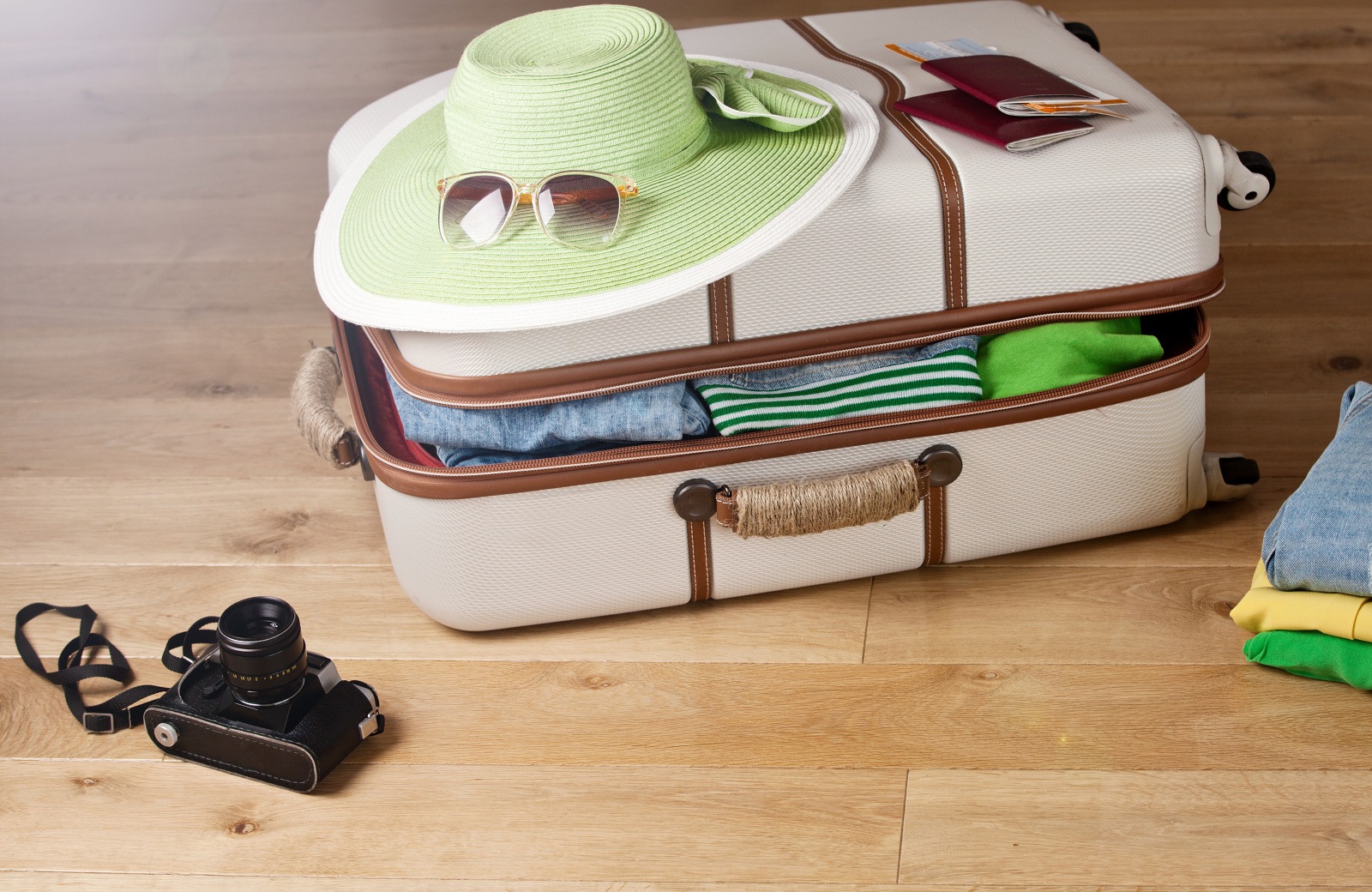
You can easily recognize the local population by their traditional clothing, which they wear as a sign of pride. Men dress in white kandura with a white headscarf (dishdash), secured with two black rings (Agal). Women wear a black abaya with a veil to hide their figure and hair (hijab). Some women wear niqab or burqa, which cover their entire face. Men holding high positions in government wear them in various color variations, such as blue, gold or red, or wear a massive cloak (bisht) with decorative trims.
Representative office for UAE
Embassy of the Slovak Republic in UAE
Embassy of the Slovak Republic
Al Mataf Street, No. 16, Villa 2
Al Bateen, Abu Dhabi, United Arab Emirates
Tel: +971 2 681 7705
Email: [email protected]
Web: www.mzv.sk/abudhabi
Working hours: 09:00 to 17:00
Distance and flight
Austria
United Arab Emirates
Weather
In the United Arab Emirates, there is a tropical, dry climate. The best conditions for visiting Abu Dhabi and the Emirates are in the months from September to May. Ideal air and water temperatures are specifically in the months of March, April, May, October and November. The highest temperatures are in the months of July and August, when temperatures at noon reach 42°C to 45°C.
On the hottest days in Abu Dhabi, temperatures can reach over 50°C. This period also has the highest humidity. Rainfall in the emirates occurs only rarely. Most rainfall is in January. Thanks to favorable and sunny weather, Abu Dhabi and the entire Emirates are among the popular holiday destinations throughout the year.
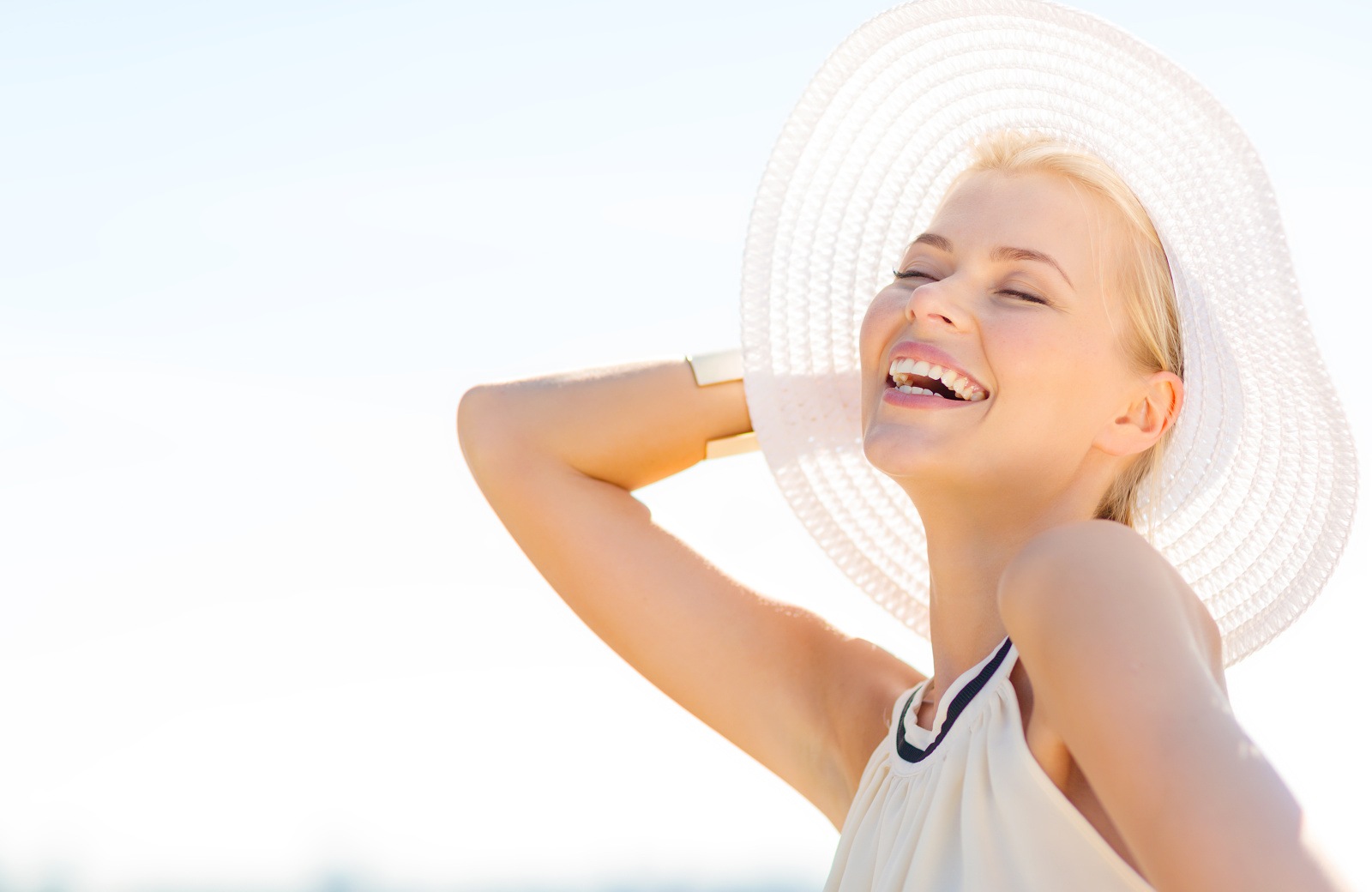
|
16
February
Monday
|
22°C | Sunny | 21°C | |
|
17
February
Tuesday
|
23°C | Sunny | 21°C | |
|
18
February
Wednesday
|
24°C | Sunny | 22°C | |
|
19
February
Thursday
|
24°C | Sunny | 22°C | |
|
20
February
Friday
|
23°C | Sunny | 22°C | |
|
21
February
Saturday
|
23°C | Sunny | 22°C |
Visas and requirements
Based on the Agreement between the European Union and the United Arab Emirates on the abolition of visa requirements for short-term stays, holders of Slovak Republic travel, diplomatic and service passports may stay in the territory of the United Arab Emirates for a maximum of 90 days during any period of 180 days from May 7, 2015.
For all travelers, the validity of the travel document must be at least six (6) months after the planned return from the stay, otherwise the holder will usually not be transported to the country even by airlines.
When traveling with a minor child with only one parent, it is recommended to have a stamped consent of the other (non-traveling) parent in English - from a notary or registry office of the Slovak Republic.
Sample consent in English
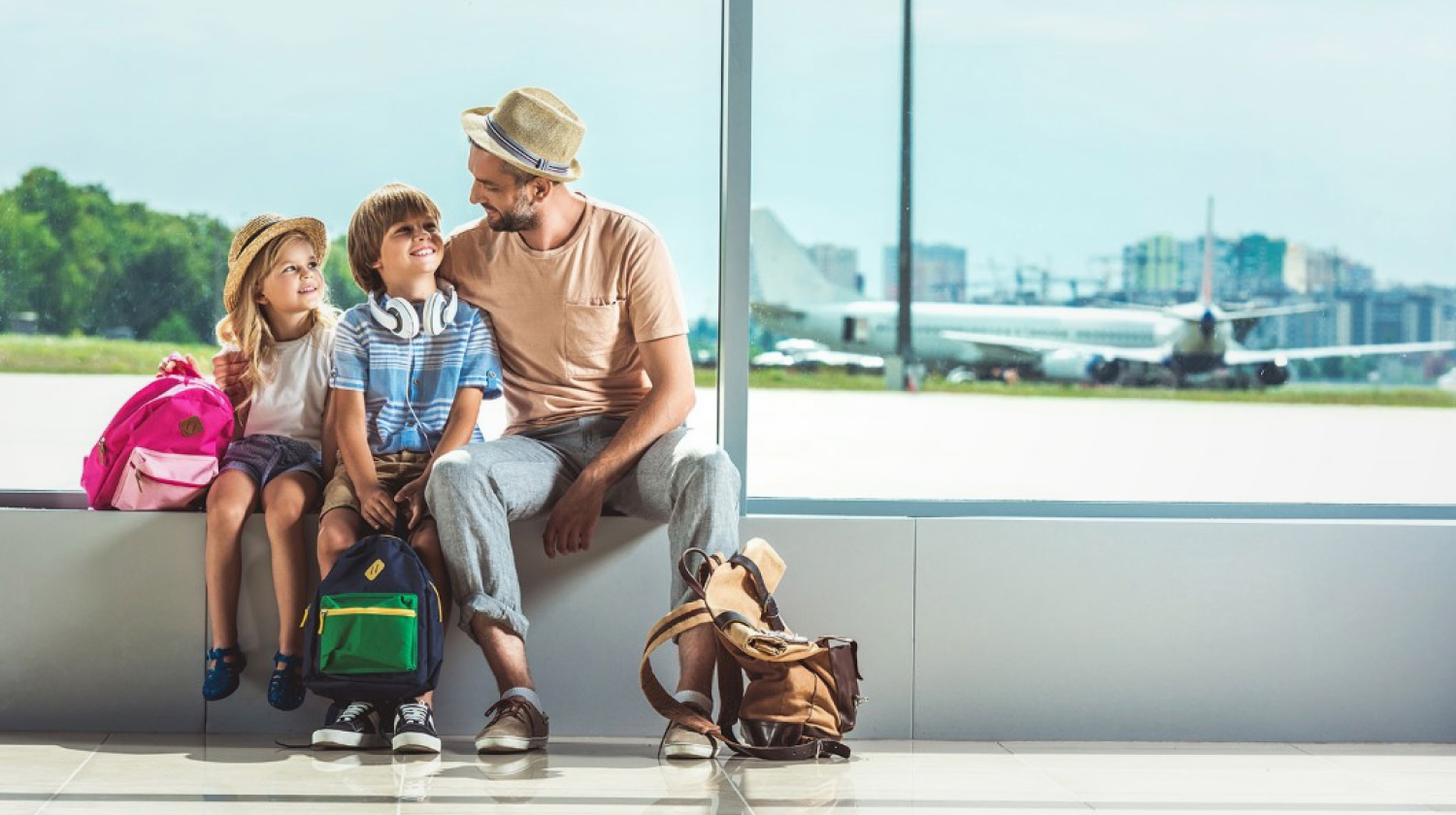
Customs regulations
The customs regime is liberal. It is allowed to bring cigarettes, 1 liter of alcoholic beverage and 2 liters of wine for personal consumption. This does not apply to visitors professing the Muslim religion. Strict prohibitions and restrictions apply to the import of drugs, weapons, erotic and pornographic literature. The mentioned items are subject to prohibition and in case of violation are subject to confiscation with penalty (fine, expulsion).
Safety
The United Arab Emirates is among the safest countries in the world. Due to strict penalties and effective police, the Emirates enjoy very low crime rates. In 2017, the Emirates were declared the second safest country in the world after Finland (World Economic Forum).
Healthcare
Citizens of the Slovak Republic pay for medical treatment in full from their own funds. There is no agreement on the provision of free healthcare between the UAE and the Slovak Republic.
We therefore recommend getting insurance before traveling.
Due to the intensity of sun rays, it is recommended to use sunscreen with a high UV filter and sunglasses.
Vaccination
No mandatory vaccination is prescribed for regular tourist visits to the UAE. Consult possible health risks with your doctor or in our hospitals in departments of foreign diseases, or look for necessary information on the website www.uvzsr.sk
Drinking water
Tap water is utility water and is produced by desalination of seawater. It is not recommended to consume it. Drinking water is bottled in plastic bottles, available for purchase in restaurants or shops.
Internet and electricity
In the UAE, it is 220 V with English-type sockets with three pins. An adapter is usually needed to connect devices.Zadarmo je k dispozícii na recepcii hotela. Nabíjačky pre kamery, mobily a holiace strojčeky môžete používať bez problémov.
Natural disasters
In the Emirates, the most common natural event is sandstorms. Their occurrence cannot be determined in advance. On the other hand, several days of rain accompanied by strong winds may occur.
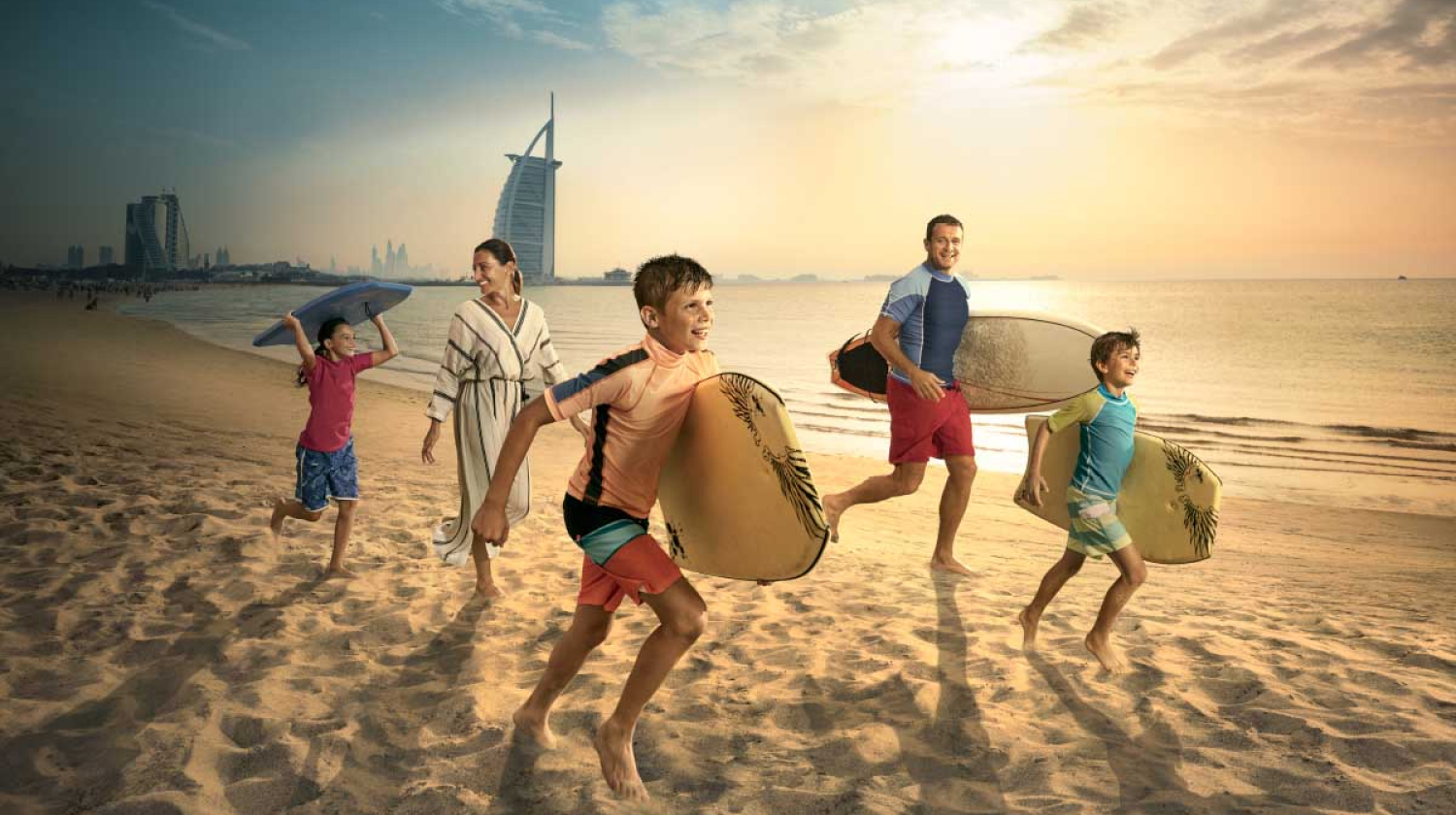
Important contacts
| Firefighters | 997 |
| Ambulance | 998 |
| Police | 999 |
| Consular emergency | 00971 506 628 920 |
| Representative office of the Slovak Republic in Abu Dhabi | +971 2 681 7705 |
Money and prices
Dubai is very accessible to tourists, accommodating them in many ways. Finance is no exception. The local currency of the UAE is the Dirham (Dhs / AED), which is divided into 100 fils. Currency exchange can be done without restriction in hotels, exchange offices or banks. The most favorable rate is in banks. The most well-known exchangeable currency is USD, with which direct payments can also be made in shops. However, it is recommended to pay with the local currency. Other currencies such as EUR are also exchanged, but the rate changes daily.
International payment and credit cards are accepted (American Express, MasterCard, Diners Club, Visa). Visa Electron cards can also be used for payment in shops. When asked in which currency the card payment should be made, we always recommend choosing the option to convert to the local currency Dirham.
When negotiating discounts, it is more advantageous to pay in cash and in Dirhams.
Indicative rate in USD, 1 USD = 3.65 Dhs
Indicative rate in EUR, 1 EUR = 3.80 Dhs
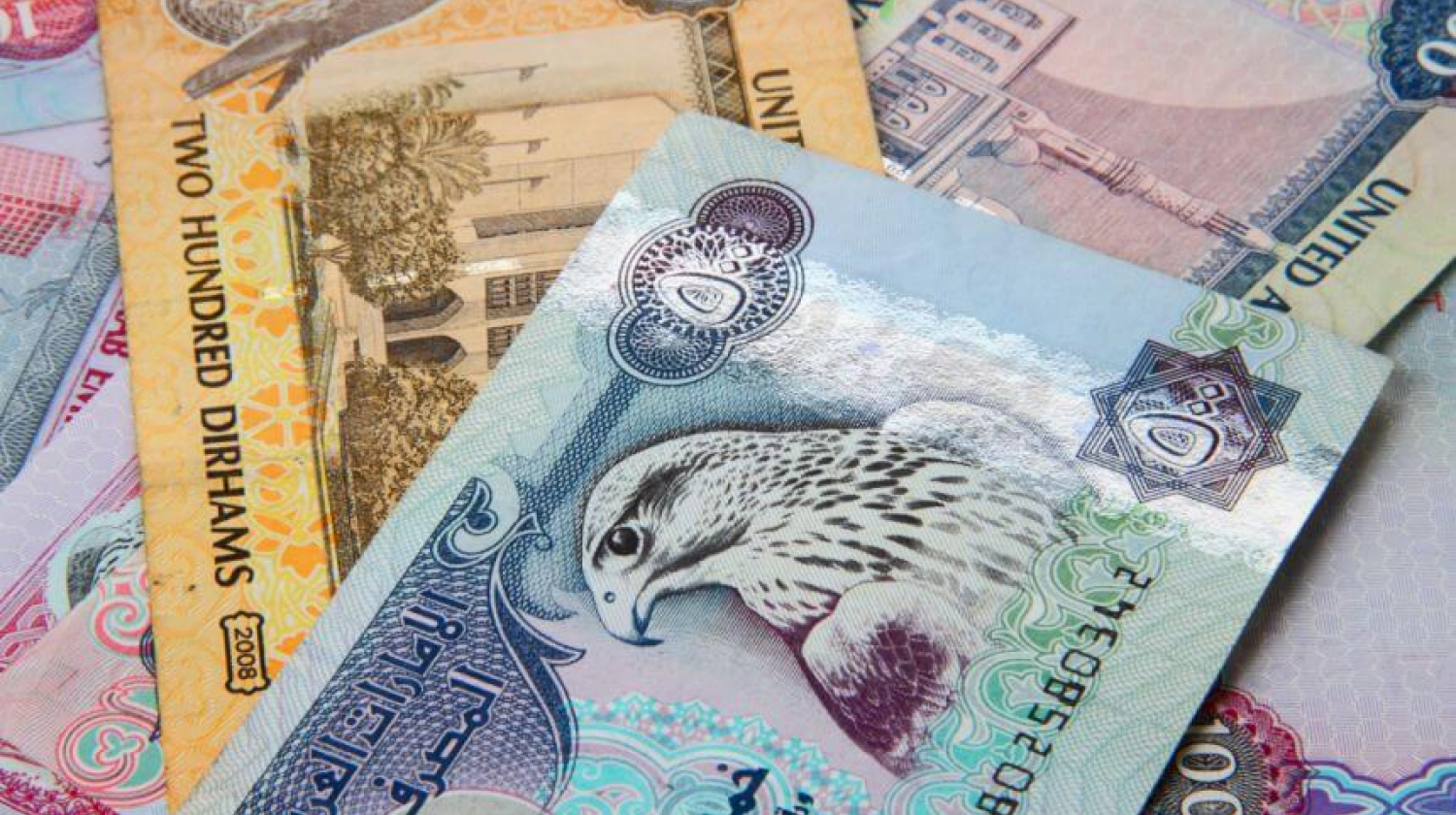
When negotiating discounts, it is more advantageous to pay in dirhams and in cash. As in many other Arab countries, merchants in Dubai are also accustomed to bargaining. At various markets, merchants really enjoy bargaining, most prices are deliberately
inflated so that tourists can haggle with merchants over the price. However, at markets and in taxis, it is customary to pay in the local currency.
Tipping
Taxes and fees are already included in the price of services. A small attention of 5 to 10% of the price of consumption or services is always welcome.
Transport and transfers
Abu Dhabi has very good connection to the road long-distance network in the United Arab Emirates and further across the Arabian Peninsula. Roads in Abu Dhabi are often lined with shrubs and trees that serve to protect against erosion and wind.
The local Department of Transport (DoT) submitted a report in February 2009 on the expansion of public rail transport by 2030. It was announced that the city will build a metro, which will be supplemented in the center by several shorter tram lines. The total length of Abu Dhabi metro routes will be approximately 131 km and will connect all major suburbs such as Saadiyat, Yas Island, Masdar City, Al Raha Beach and the airport.
The construction of Light Rail Transit (LRT), which roughly corresponds to European trams, is also being considered, and will extend to more distant districts that will be built by 2030. One LRT line will also lead to the border with the emirate of Dubai, where it will connect to the red line of the Dubai metro.
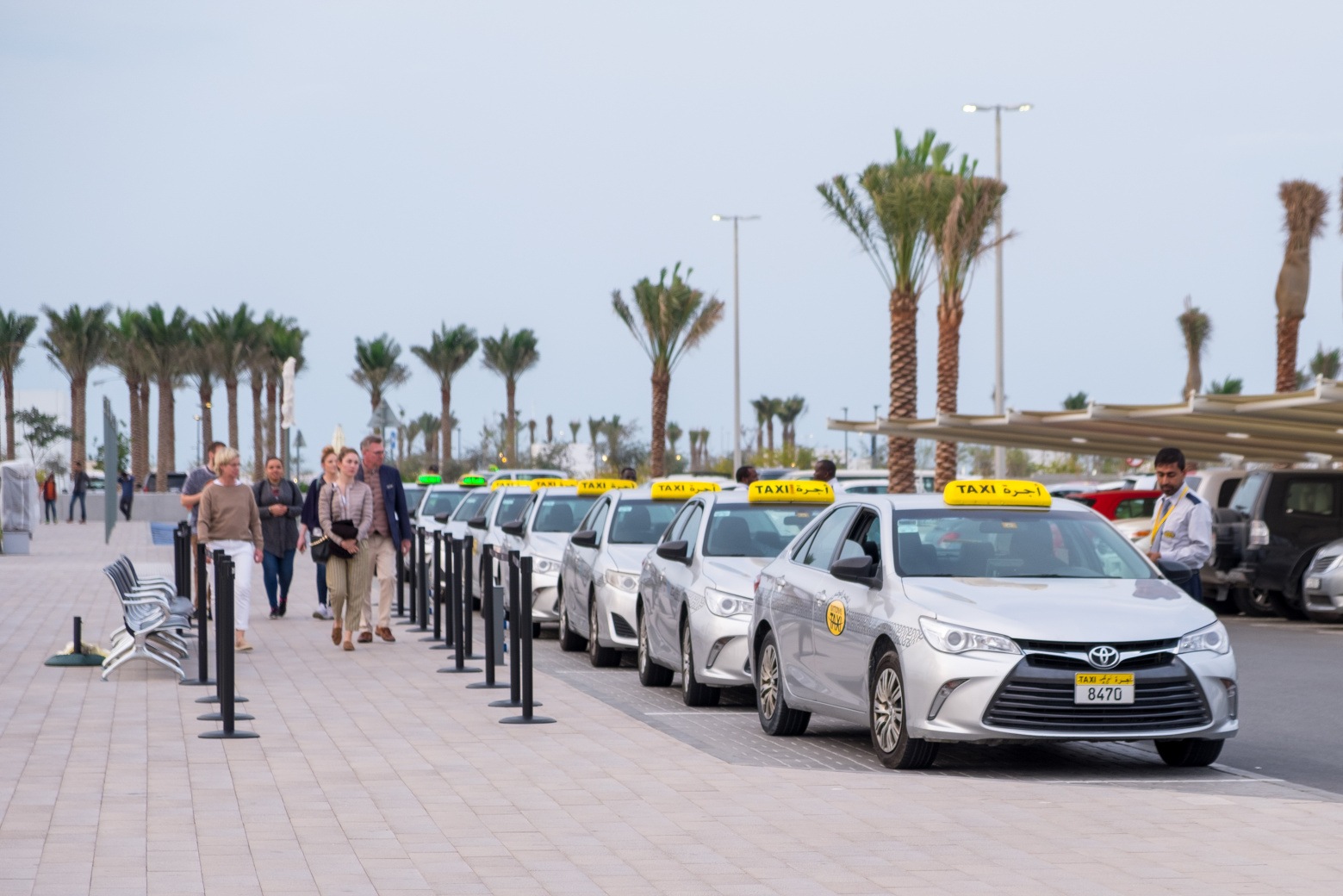
UBER and Careem transportation services are also available in Abu Dhabi. Just download the apps and have a registered valid credit card.
Dining
Hotels and restaurants in the Emirates are renowned for their top cuisine and excellent food. Breakfasts and dinners are served in hotels in buffet form. The emirate of Dubai in particular is famous for its gastronomic scene. You will find restaurants of every kind, especially Asian, Indian, Arabic, Lebanese but also Italian, French, American and modern fusion establishments. During the Muslim fasting month of Ramadan, you should refrain from consuming food and drink in public as a sign of respect and solidarity with the locals.



Among traditional foods, drinks and dishes that you should try in the Emirates are hummus (chickpea paste), Arabic bread, shawarma meat, which is similar to Turkish kebab, dates and date desserts, camel milk, camel milk products and of course strong Arabic coffee.
Consumption of pork is forbidden to Muslims from an Islamic perspective. Nevertheless, pork is available in some shops and you can also find it in the menus of restaurants and hotels.
Activities and attractions
Abu Dhabi is now a cosmopolitan city with many beautiful buildings, luxury hotels and projects that will literally take your breath away.
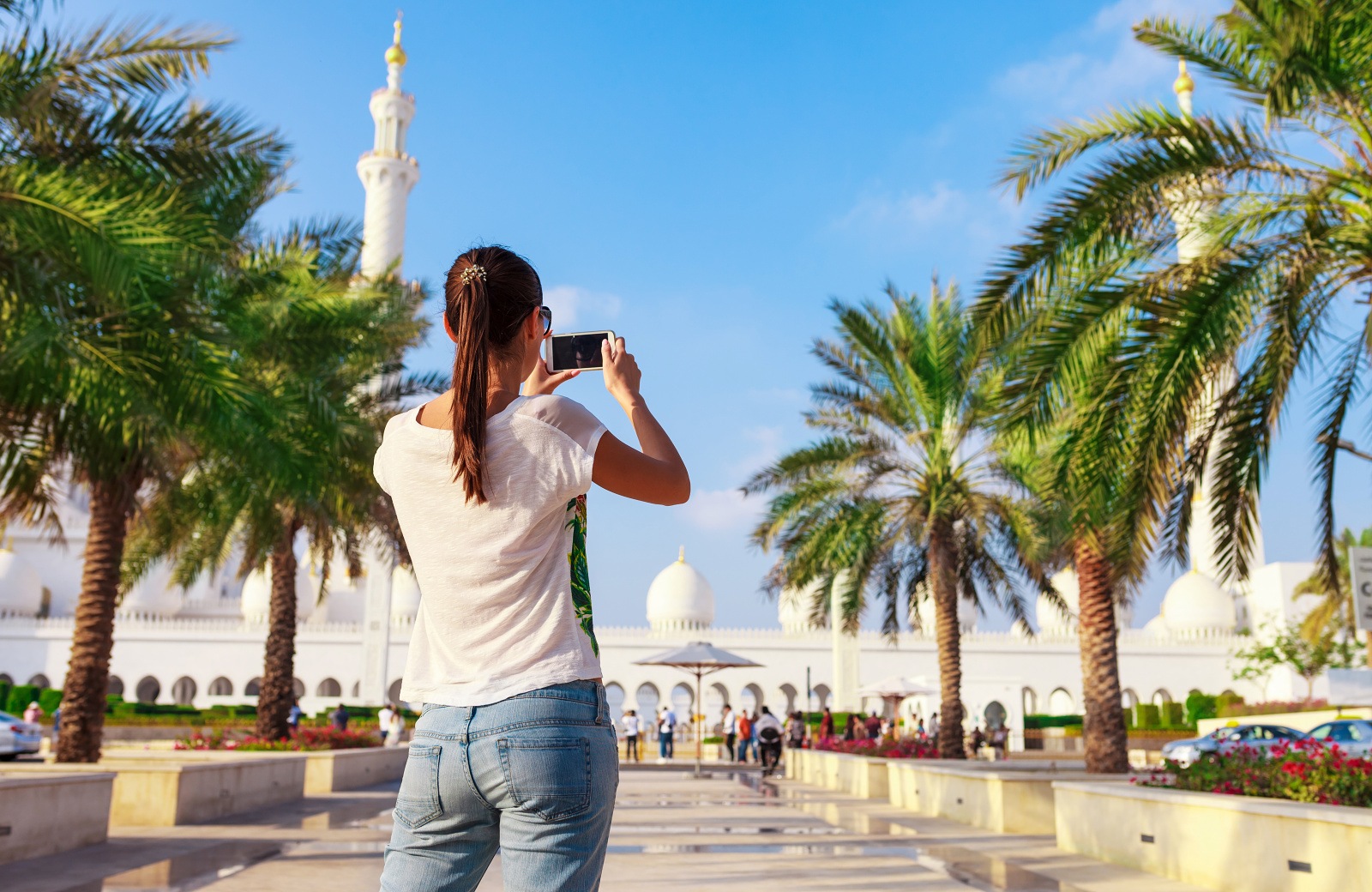
The Corniche is a seaside boulevard with wide parks and gardens, at the end of which is the pre-wedding hotel, as if from a fairy tale, Emirates Palace and new presidential palace, which may be the most luxurious among all.
Abu Dhabi has the ambition to become the cultural capital of the world and therefore many investments are being made in building the island Saadiyat, which is to become the home of world-famous museums Louvre, Gougenheim and Zayed National Museum.
Abu Dhabi is a financial center of the region. In 2013, the island Al Maryah was opened with the commercial complex Sowwah Square and the new stock exchange Abu Dhabi Stock Exchange.
On the other side of the city, the island Yas grew with popular attractions such as the Ferrari World,Warner Bros World, the F1 racing circuit or aquapark Yas Waterworld.
The most beautiful beaches of the whole emirates are located exactly on Saadiyat Island in Abu Dhabi (UNESCO). Due to its location on this prestigious site, hotels can boast, The St Regis Saadiyat Island, Saadiyat Rotana Resort, Rixos Saadiyat Island, Jumeirah at Saadiyat Island Resort.
Contrast to one of the richest cities in the world are peaceful settlements in oases Liwa and Al Ain. Abu Dhabi is similar to New York built on an island, and therefore it was influenced by this world metropolis.
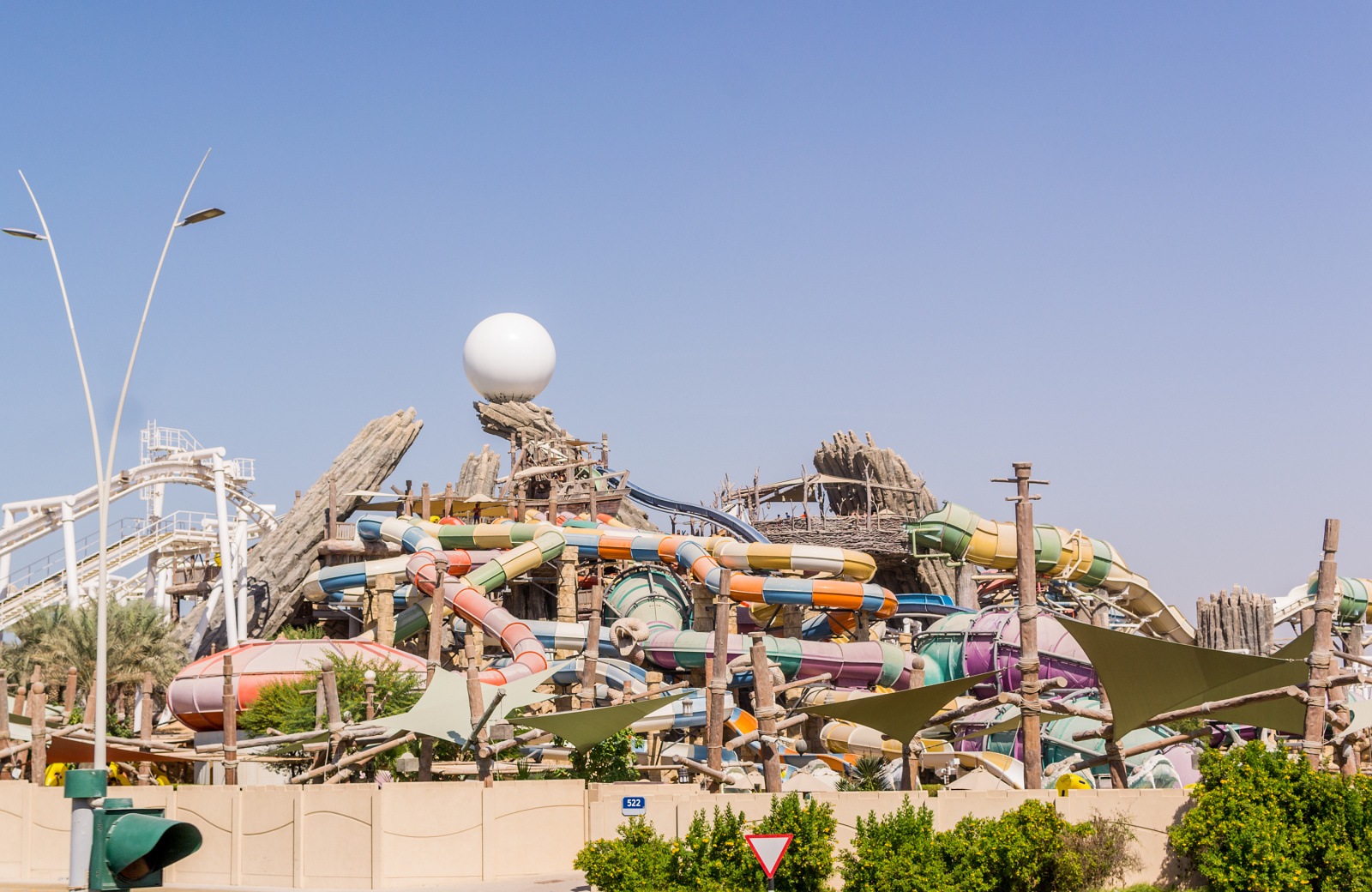
Ramadán
Ste nadšenými cestovateľmi a radi spoznávate zvyky a tradície miest ktoré navštívite? Nepremeškajte jedinečnú príležitosť zažiť najväčší moslimský sviatok a jedno z najčarovnejších období roka v Dubaji a celých Spojených Arabských Emirátoch.
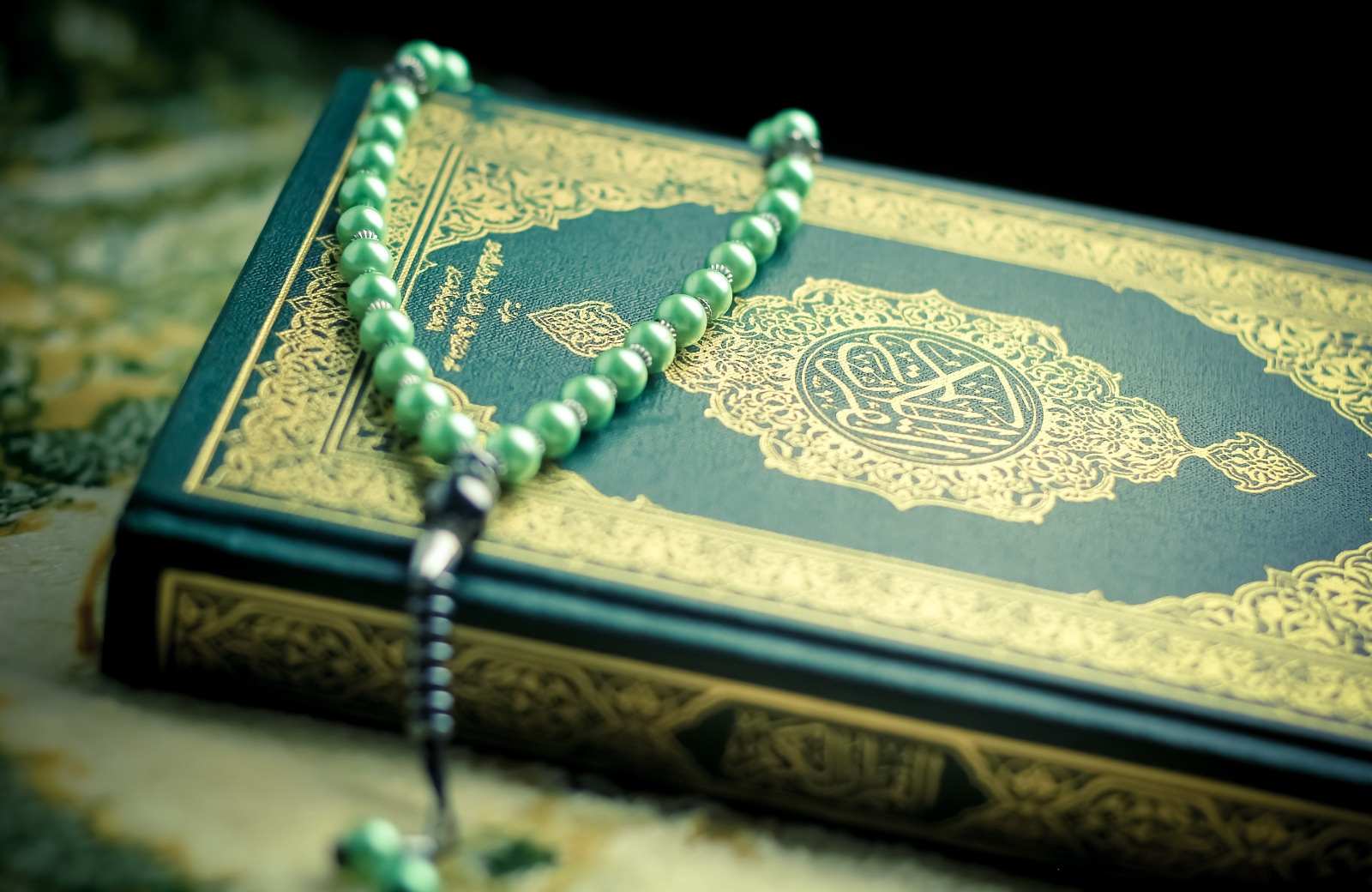
Čo je ramadán?
Ramadán je deviaty mesiac islamského kalendára. Jeho začiatok nastáva vzhľadom na kresťanský kalendár vždy o 10 dní skôr ako predchádzajúci rok. Od moslimov sa vyžaduje, aby 30 dní dodržiavali pôst, vždy od východu do západu slnka. Moslim by sa mal počas
dňa zdržať jedla, pitia, fajčenia a iných fyzických radostí. Pôstom si má moslim upevniť telesnú aj psychickú stránku, pevnú vôľu, disciplínu a priblížiť sa tak má k bohu Alahovi. Vyzdvihované sú morálne hodnoty, prejavy solidarity s chudobnými a konanie
dobrých skutkov.
Koniec pôstu je každý deň ohlasovaný volaním z mešity pri západe slnka. Mestá ožívajú nebývalým ruchom osláv, ktoré začínajú bohatou predvečerou "SUHOOR" a hlavnou večerou "IFTAR". Ramadán je nielen mesiacom odopierania si, ale i
radostí, ktorý vrcholí v posledných dňoch pôstu veľkým sviatkom "EID AL FITR".
Ovplyvní vás ramadán počas dovolenky?
Spojené Arabské Emiráty sú moderná a mimoriadne kozmopolitná krajina a preto sú turisti aj počas Ramadánu vítaní s otvorenými náručiami. Počas vášho pobytu by ste sa však mali riadiť určitými radami a odporúčaniami. Od hostí hotelov sa neočakáva, že budú dodržiavať pôst, avšak každý ocení ak prejavíte rešpekt s domácimi a počas dňa sa vyhnete konzumácii jedla, pitia a fajčenia na verejnosti, to znamená mimo hotelov. V hoteloch sú vytvorené všetky podmienky na to, aby ste mohli vykonávať už spomínané aktivity bez obmedzení, resp. v ústraní. Najmä plážové rezorty fungujú vo voľnom režime a preto by Ramadán vás zážitok z dovolenky v Emirátoch nemal nijako ovplyvniť. Vo všeobecnosti platí:
- alkohol je v hoteloch a baroch podávaný až po západe slnka (cca po 19:00)
- niektoré a la carte reštaurácie môžu fungovať v obmedzenej prevádzke
- diskotéky a nočné kluby sú počas Ramadánu zatvorené


Výhody pobytu počas ramadánu
Cena Ubytovania
Obdobie počas Ramadánu patrí medzi najlacnejšie v roku. Za relatívne nízke ceny si môžete dopriať luxus, ktorý by bol inak možno nad rámec vášho rozpočtu.
Množstvo zliav
Najmä emirát Dubaj je známy ramadánovými "shopping" akciami vo veľkých aj menších nákupných centrách. Z vašej dovolenky v emirátoch sa tak vraciate obohatení o obľúbené kúsky oblečenia za zlomok bežnej ceny.
Žiadne čakanie
Mestá ako Dubaj či Abu Dhabi sú počas dňa väčšinou vyľudnené. Na atrakcie akými sú aquaparky či pamiatky takmer vôbec nečakáte. Domácich pred západom slnka takmer nestretnete.
Atmosféra
Po západe slnka nastáva ten pravý nočný ruch. Reštaurácie v meste praskajú vo švíkoch a nákupné centrá sú otvorené aj do druhej v noci. Veľkým zážitkom je večera IFTAR za sprievodu magickej hry svetiel a lampášov v jednom z mnohých tematických stanov. Klientom odporúčame včasnú rezerváciu, s ktorou vám samozrejme vždy radi pomôžeme.
